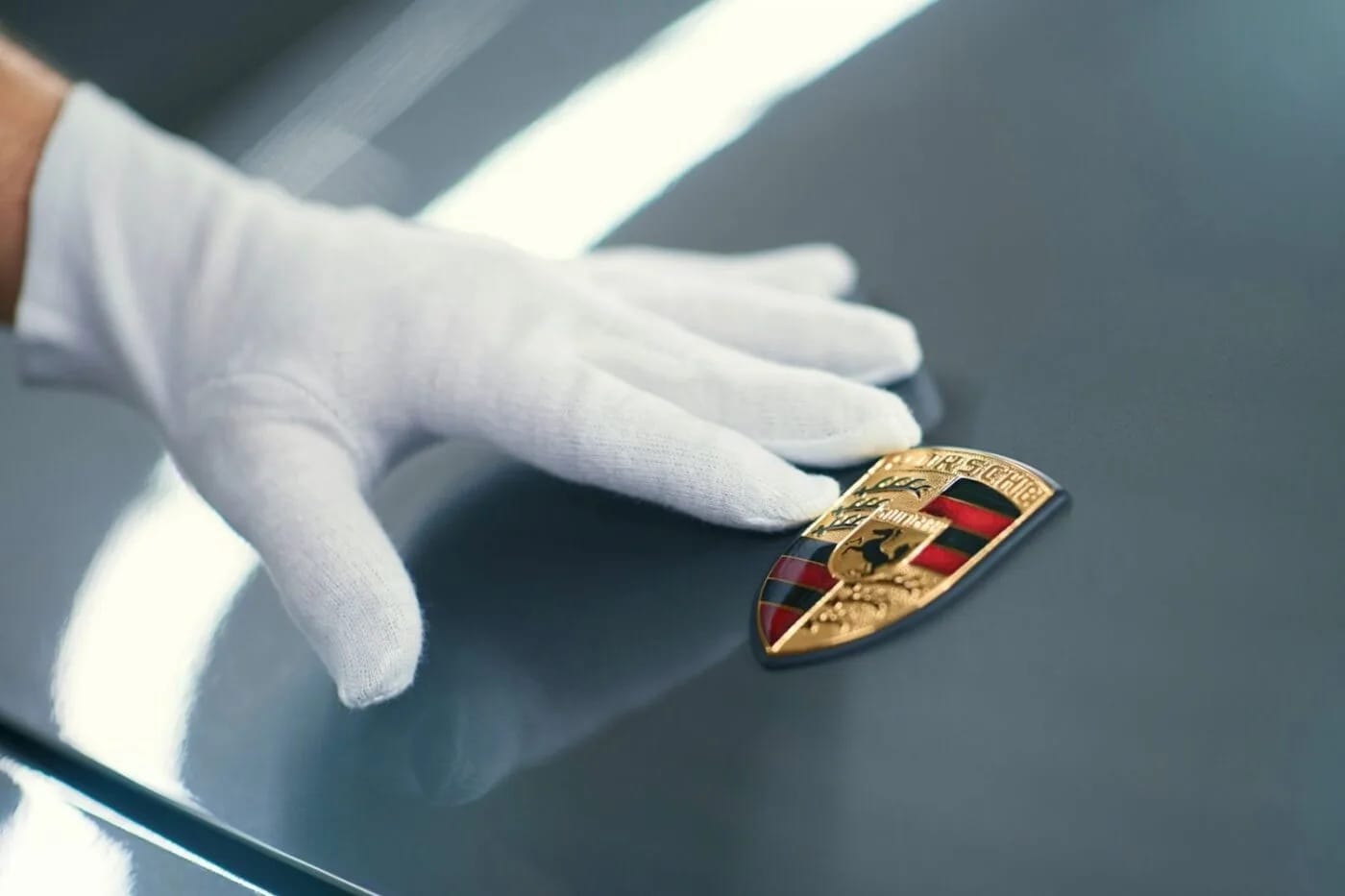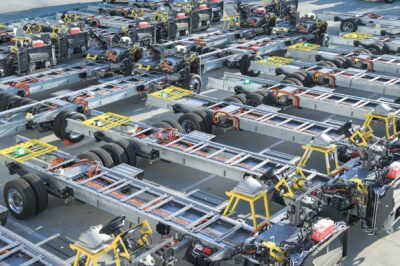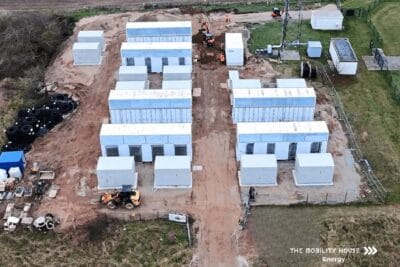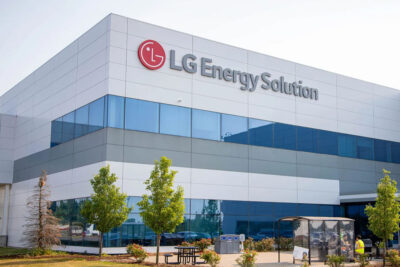Porsche reassesses battery ambitions amid slower EV uptake
The decision to realign the brand’s battery efforts was made by Porsche’s Executive Board with the consent of the Supervisory Board. The main change is that the planned independent expansion of high-performance battery cell production by the Cellforce Group will not go ahead as initially intended. “As a result of this and due to negative impacts from other battery activities, the amount of special expenses in the financial year 2025 will in total increase from €0.8 billion to €1.3 billion,” Porsche stated.
Originally founded as a joint venture between Porsche and Customcells, the Cellforce Group was created to develop bespoke high-performance cells tailored to the demands of Porsche’s electric sports cars. In 2023, Porsche took full ownership of the company and significantly raised its ambitions. Instead of expanding production to just one or two GWh, the target ballooned to as much as 20 GWh. That expansion has now been shelved – at least for the time being.
The sports car manufacturer did not elaborate on the wider implications of the board’s decision. The phrase ‘will not be pursued independently’ leaves room for speculation. Is Porsche seeking a strategic partner or investor from within the battery sector? If so, how much of a stake is it willing to part with? Could the company consider selling Cellforce outright if no standalone future is planned? And what happens if no buyer or partner is found? At present, Porsche is not offering further details.
However, the battery strategy isn’t the only challenge currently weighing on Porsche’s business. A significant drop in demand in China is another contributing factor. ‘Challenging market conditions and declining demand in the all-electric luxury segment will affect development in the financial year 2025’, the company said.
On top of that, the newly introduced US tariffs are affecting all Porsche model lines, as the company has no production base in the United States. Porsche expects an unspecified financial hit in April and May but has chosen not to include potential tariff-related losses beyond that in its outlook, citing uncertainty.
Taken together, these headwinds prompted Porsche to downgrade its full-year forecast for 2025 just ahead of its Q1 earnings report. The firm (with new CFO Jochen Breckner) now expects revenue of €37 to €38 billion – down from the previous guidance of €39 to €40 billion. The operating margin is forecast to land between 6.5 and 8.5 per cent, well below the earlier range of 10 to 12 per cent and far off Porsche’s long-term goal of achieving 18 to 20 per cent.
Despite the difficulties in China’s all-electric luxury market, Porsche has left one figure in its forecast unchanged: it still expects the global share of BEVs in its sales mix to reach 20 to 22 per cent.





1 Comment